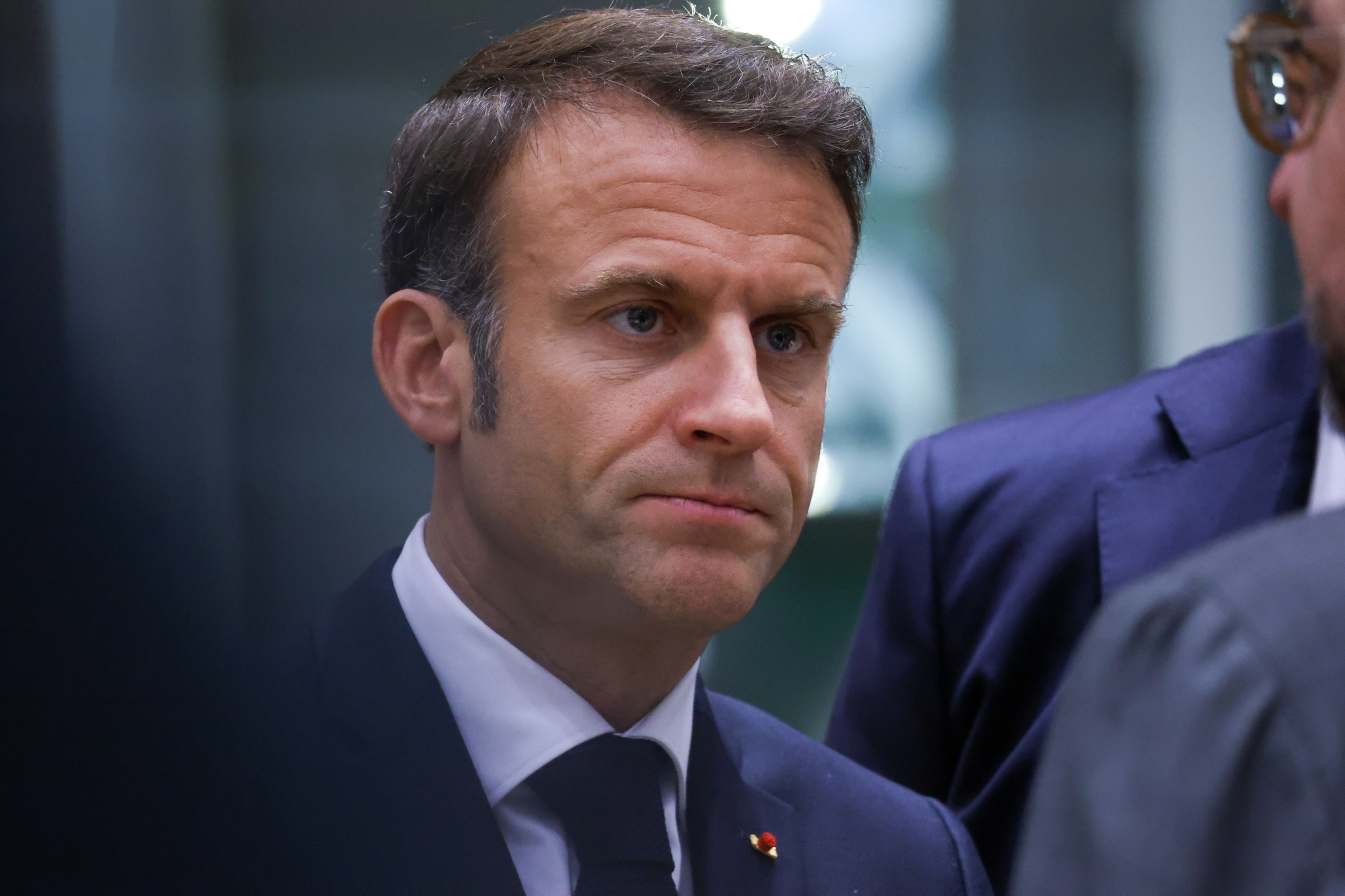President Emmanuel Macron is scheduled to visit Kazakhstan and Uzbekistan next week as part of France’s efforts to enhance economic ties with countries rich in raw materials, including uranium.
President Macron’s delegation will reportedly comprise 15 business leaders from various sectors, including energy, agri-food, and mining. Companies such as Electricite de France SA and Assystem SA, an engineering firm involved in nuclear plant construction, are part of the group.
This visit follows France’s strategic shift in uranium sourcing following the military coup in Niger that disrupted the country’s energy resource development. The uranium shortage in France has led the country to explore joint ventures with nations possessing significant uranium reserves.
France has redirected its focus towards Kazakhstan, the world’s largest uranium producer. The French mining company Orano SA is actively engaged in developing Kazakhstan’s uranium deposits in collaboration with Kazatomprom, Kazakhstan’s national operator for uranium import and export. Insiders suggest that President Macron’s upcoming trip will involve discussions aimed at expanding this cooperation further.
Kazakhstan ranks as the world’s largest uranium producer, holding approximately 12 percent of the world’s recoverable uranium resources. Nuclear security has always been a top priority for the government in Nur-Sultan. None of the country’s uranium has been used for electricity generation for decades. Kazakhstan established a facility in 1973 for electricity production and water desalination, but it closed its doors in 1999 when the Kazakhstani government joined the global non-proliferation regime. Kazakhstan offers competitive advantages for the development of nuclear energy, considered a clean energy technology due to its lack of carbon emissions.
Macron’s trip underscores France’s commitment to diversifying its uranium sources and reducing its dependence on any single nation. This mission also aligns with Kazakhstan’s aspirations to expand its nuclear energy sector.
Kazakhstan has been discussing the construction of a nuclear power plant since 1997. In 2021, Kazakhstan’s President Kassym-Jomart Tokayev urged energy officials not to postpone this decision, emphasizing that building a nuclear power plant in the country was inevitable, regardless of its popularity. In the same year, Tokayev directed the government and Samruk-Kazyna National Wealth Fund to comprehensively study the possibility of developing a nuclear power industry in Kazakhstan, as the country was expected to face a power shortage by 2030.
Reports indicate that Kazakhstan’s first nuclear power plant will be located near Lake Balkhash in the Almaty region. After finalizing the site selection, Kazakh authorities have been evaluating the technologies of potential suppliers. Building nuclear power plants is a costly endeavor, with some analysts estimating construction costs of approximately $5 billion. Additional expenses include the storage and disposal of radioactive waste, as well as the eventual decommissioning of exhausted reactors decades later.
Meanwhile, President Macron’s diplomatic mission carries broader geopolitical implications. According to Bloomberg, Central Asian countries, including Kazakhstan and Uzbekistan, aim to reduce the influence of major global powers like Russia and China. Strengthening ties with Europe aligns with their strategic objectives, fostering economic cooperation and diversifying alliances on the international stage.







 President Ilham Aliyev shed light on the evolving contours of the peace process with Armenia during an international conference in Baku this week. ...
President Ilham Aliyev shed light on the evolving contours of the peace process with Armenia during an international conference in Baku this week. ...
 Azerbaijan and Armenia started the process of demarcation of their border on Tuesday, with the installation of the first border markers based on ge...
Azerbaijan and Armenia started the process of demarcation of their border on Tuesday, with the installation of the first border markers based on ge...
 Iranian President Ebrahim Raisi expressed Tehran’s readiness to participate in significant development projects in Sri Lanka during the inauguratio...
Iranian President Ebrahim Raisi expressed Tehran’s readiness to participate in significant development projects in Sri Lanka during the inauguratio...
 Iran and Pakistan have signed eight cooperation documents in various fields, and agreed to strengthen ties to fight terrorism in the region.
Iran and Pakistan have signed eight cooperation documents in various fields, and agreed to strengthen ties to fight terrorism in the region.
 As the conflict between Ukraine and Russia escalates, the strategic importance of Kharkiv, Ukraine's second-largest city, has come sharply into focus.
As the conflict between Ukraine and Russia escalates, the strategic importance of Kharkiv, Ukraine's second-largest city, has come sharply into focus.



